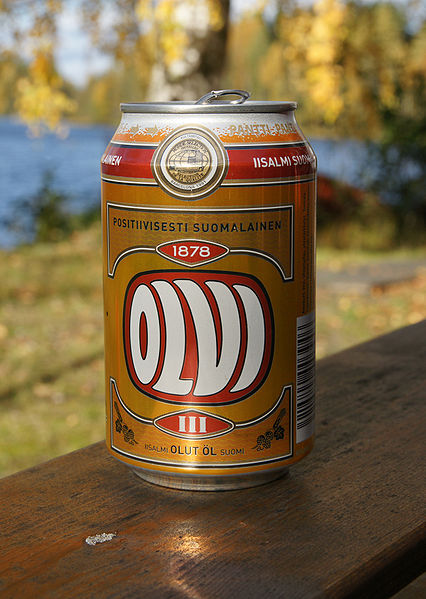
Finland and Sweden, known for their strict alcohol regulations, are taking steps to relax certain restrictions while keeping state control intact.
In Stockholm, the government plans to introduce "farm sales," allowing alcohol producers to directly sell beverages to visitors. This move aims to support local entrepreneurs while maintaining oversight.
Meanwhile, Finland's parliament has approved the sale of fermented drinks with alcohol content of up to 8% in supermarkets, up from the previous 5.5% limit. This decision expands consumer choice while still operating within state-monitored channels.
In both countries, alcohol sales are primarily conducted through state-owned shops or licensed establishments, making them unique among EU nations with alcohol monopolies. This approach, deeply rooted in Nordic tradition, seeks to manage alcohol consumption for public health reasons.
Finland's legislative change faced opposition, particularly from the Christian Democrats, citing concerns about potential health risks associated with increased alcohol availability. However, the majority vote in favor signals a shift toward more liberalized alcohol laws.
The updated regulations in Finland will soon allow stronger beers, wines, and ciders to be sold in supermarkets, offering consumers greater variety. However, distilled beverages remain excluded from these changes.
In Sweden, the center-right government aims to facilitate small-scale sales of various alcoholic beverages at producers' premises, enhancing the visitor experience and supporting local businesses. This initiative, expected to be implemented by 2025, aligns with efforts to promote entrepreneurship and tourism.
Both countries may face scrutiny from the European Commission to ensure compliance with competition laws. Finland's decision to exclude distilled beverages has already drawn objections from the Commission, highlighting the importance of navigating legal frameworks when updating alcohol regulations.
As Finland and Sweden adapt their alcohol laws, they balance consumer demand with public health considerations, illustrating the complexities of alcohol policy in modern societies. Photo by kallerna, Wikimedia commons.








































